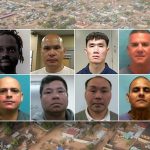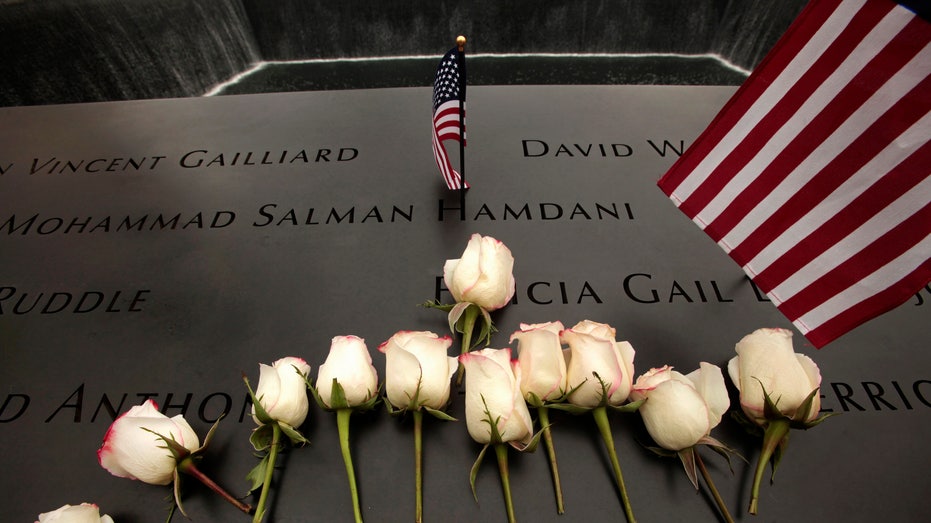Thousands of 9/11 survivors have succumbed to illnesses stemming from the debris and carcinogens that permeated the air after two hijacked planes crashed into the Twin Towers of the World Trade Center in New York City on Sept. 11, 2001, and many others are plagued by sickness.
The majority of all the diseases that are causing death today are cancer, and the 9/11 Victim Compensation Fund covers 69 separate types of cancer, everything from prostate cancer to breast cancer to lymphoma,” leading 9/11 attorney Troy Rosasco told Fox News Digital.
“There’s not a day that goes by that I’m not talking to a 9/11 family that has a loved one who’s actually in the midst of dying,” he said.
Respiratory problems like asthma and chronic bronchitis, various cancers, gastrointestinal disorders, skin conditions and musculoskeletal problems are the most prevalent health issues reported among responders and survivors.
REMEMBERING SEPT. 11: THE IMPACT OF 9/11 PHILANTHROPIES NEARLY 21 YEARS LATER
Rosasco has been helping 9/11 victims since that fateful day get assistance through the Victims Compensation Fund — a government program created to compensate victims who suffered physical harm or families of those who lost their lives as a result of the attacks or the cleanup efforts that followed.
Carol Reid, one of Rosasco’s clients, told Fox News Digital that she watched her aunt, Marion L. Turi, “suffer through many years of decline after the events of 9/11.” Turi died of pancreatic cancer in 2018.
“She had a terrace, and it faced outward to the World Trade Tower, and the smoke — windows and doors, frankly, had no effect — seeped into the vents, seeped into every [opening] … of her apartment, and consequently, it seeped into her cells,” Reid said.
ON THIS DAY IN HISTORY, SEPT. 11, 2001, US EXPERIENCES WORST TERRORIST ATTACK IN AMERICAN HISTORY
“She was a fighter,” Reid said.
Eric Ellenhorn, another one of Rosasco’s clients, owned a brokerage firm on Wall Street when the terrorist attacks occurred. He told Fox News Digital that he developed skin cancer on his left eyelid and his nose from the exposure of dust and debris that blanketed the city.
Through the victim’s compensation fund, he received two reconstructive surgeries to mend the cancerous areas on his skin. Still, he has not forgotten the horrors of that day.
“I closed the office, I let everyone go home,” Ellenhorn said, recounting the attack. “And it’s a scene like I’ll never forget this — it was like the movies that you watch, those horror scenes.”
NEW YORK ANNOUNCES TWO 9/11 VICTIMS IDENTIFIED 22 YEARS AFTER ATTACK
Ellenhorn said he and his colleague left the office and got in his car about a block away and locked the doors.
“And people on the streets were panicking — he locked the doors — and they were banging on the doors in the windows and trying to get in, and it was like snow all over the place. But it wasn’t snow, it was ash, but it was thick and heavy like snow, and it was a bizarre moment, something you’ll never forget.”
While the battle continues for those who are physically suffering since 9/11, Rosasco said he has represented more than 200 clients who have died as a result of 9/11-related diseases.
About 3,000 people died in the terrorist attacks and an estimated 4,000 more have died by fatal illnesses caused in the aftermath of the destruction, according to Rosasco.
“And that number is only growing,” he said.
Over the weekend, officials successfully used advanced DNA technology to identify the remains of two more 9/11 victims.
However, more than 1,000 human remains remain unidentified.
























